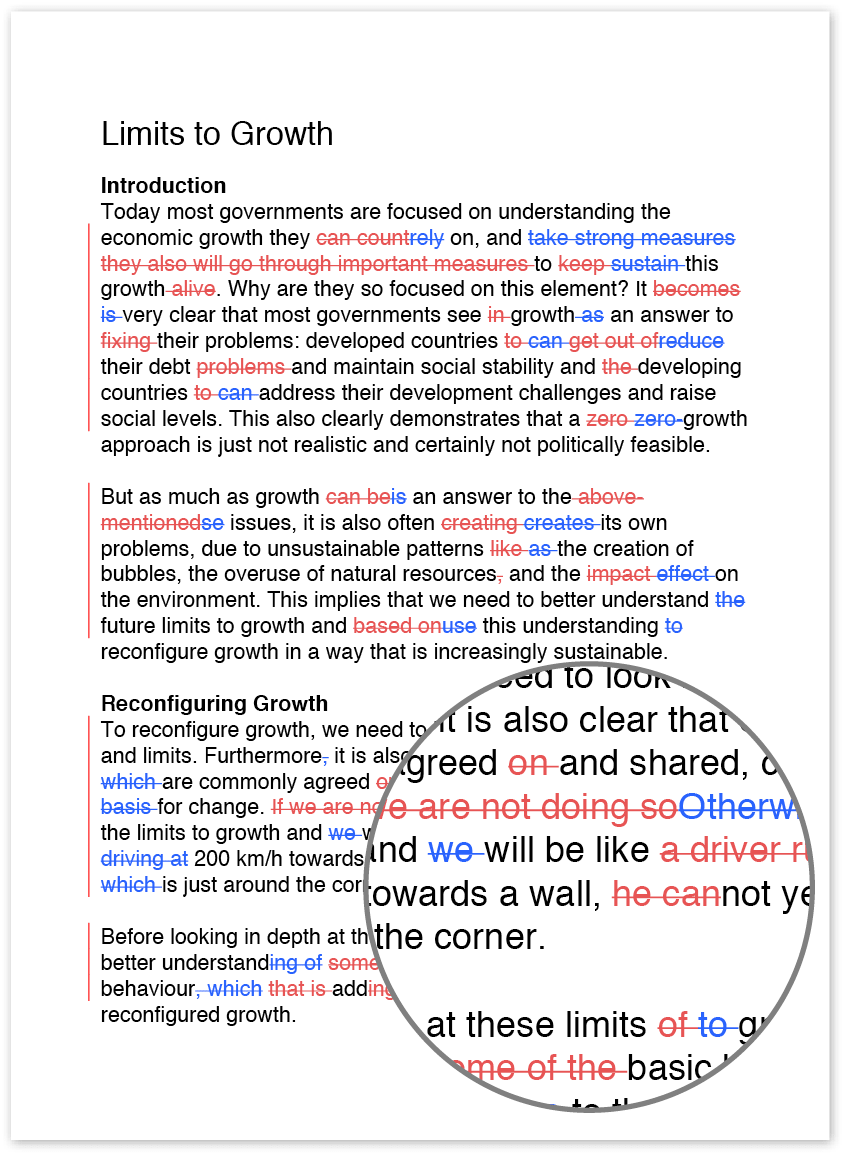Acronyms and initialisms
Acronyms and initialisms are abbreviations – convenient ways of avoiding having to write out (sometimes long) strings of words. Some are so familiar to us that we know immediately what they stand for. We can talk about the USA, for example, or the UN, without worrying whether readers will know what they refer to. Less familiar abbreviations should be written out in full when they first occur, with the acronym or initialism in parentheses immediately following; for example: Council of Trade Unions (CTU). From then on, you can refer simply to the CTU.
Acronyms
If you have a series of words – for example, United Nations Educational, Scientific and Cultural Organization – and you take the first letter of each of the main words to form a new word, you have made an acronym: UNESCO. An acronym is pronounced the way it looks, as though it is a legitimate word in itself (and not pronounced, in this case, as “yoo-enn-eee-ess-see-oh”).
There are lots of widely recognized acronyms, and they are used so often that we can easily forget what series of words they stand for. Check these:
- CAPTCHA, a method developed in the early 2000s to help distinguish people from robots, is an acronym formed from “Completely Automated Public Turing Test to tell Computers and Humans Apart”.
- YOLO, a reminder to live fearlessly and take risks, is an acronym of “You Only Live Once”.
- AIDS is an acronym of “Acquired Immune Deficiency Syndrome”.
- POTUS and FLOTUS are acronyms of “President Of The United States” and “First Lady Of The United States”.
- SNAFU, which had its origins in the military and is used to describe a state of chaos, stands for “Situation Normal, All Fouled/F**ked Up”.
- SIM (card), a tiny chip in a mobile phone that identifies the user of the cellular network, is an acronym of “Subscriber Identification Module”.
Initialisms
An initialism also consists of the first letter of each word in a series, but the letters don’t form a word. Instead, the letters are pronounced separately; for example, USA is an initialism because we pronounce it “yoo–ess–a” and not “yoosa”.
These are also examples of common initialisms, because the letters don’t form a word. Instead, each letter is pronounced separately:
- FAQ – “frequently asked questions”
- TBA – “to be announced”
- CNN – “Cable News Network”
- ADHD – “Attention Deficit Hyperactivity Disorder”
- FBI – “Federal Bureau of Investigation”
- OMG – “Oh my God”
When you use acronyms and initialisms in your writing, sometimes you have to decide whether to use a or an in front of them. You may have been taught to use a in front of a word beginning with a consonant, and an in front of a word beginning with a vowel (a, e, i, o, u). That rule doesn’t always work in this situation.
To choose between a or an, check the pronunciation – not the initial letter.
Say these consonants out loud: F, H, L, M, N, R, S, and X. You will hear that they sound as though they begin with a vowel (eff, aitch, ell, emm, en, ar, ess, ex). If an initialism sounds as though it begins with a vowel, use an.
Notice how all these examples below use an, even though the initialism begins with a consonant:
- an MRI scan
- an NBA player
- an FBI agent
- an SUV
- an X-ray
- an RAD examiner
However, use a in front of acronyms and initialisms that start with a consonant sound. Consonant sounds include a long ‘yoo’ sound (as in UNESCO, or USA). For example:
- a UNESCO conference
- a UFO sighting
- a NASDAQ forecast
- a BBC documentary
- a YMCA hostel
- a NASA scientist

